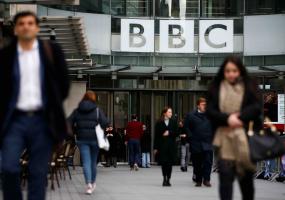From traditional to online fact-checking
14 Jun 2013
Federico Guerrini writes in the Oxford Magazine: Fact-checking is an old journalistic practice now being brought into considerably greater prominence due to the possibilities offered by the Internet. First of all: what do we mean by "fact-checking"? We could stick to Wikipedia: "A fact checker is the person who checks factual assertions in non-fictional text, usually intended for publication in a periodical, to determine their veracity and correctness." A formal and correct definition. Publications, especially weekly and monthly ones, need to check the content of articles written by their reporters; e.g. verify, and if necessary correct, things like the names of people, streets and buildings referred to, or call the persons interviewed to ensure they really have said what they’re supposed to have done according to the author. An important job, that began to be done systematically at some US magazines – like Time and the New Yorker in the 1920s. It was done by a dedicated staff (composed mostly by women), albeit more and more reducing in size and importance as magazines have struggled to cover the costs and cut the workforce. It is also done ex-post in some newspapers, through a column for "mistakes and corrections", as in the Guardian (corrections & clarifications), and in the Wall Street Journal (corrections & amplifications). But behind the issue of fact-checking (especially political fact-checking), as developed on the Internet through blogs and independent platforms, there's much more going on. When you deal with concepts like that of "truth", things tend to get blurred and the way you define the role of the fact-checker is actually intimately connected to your core attitude towards journalism.


